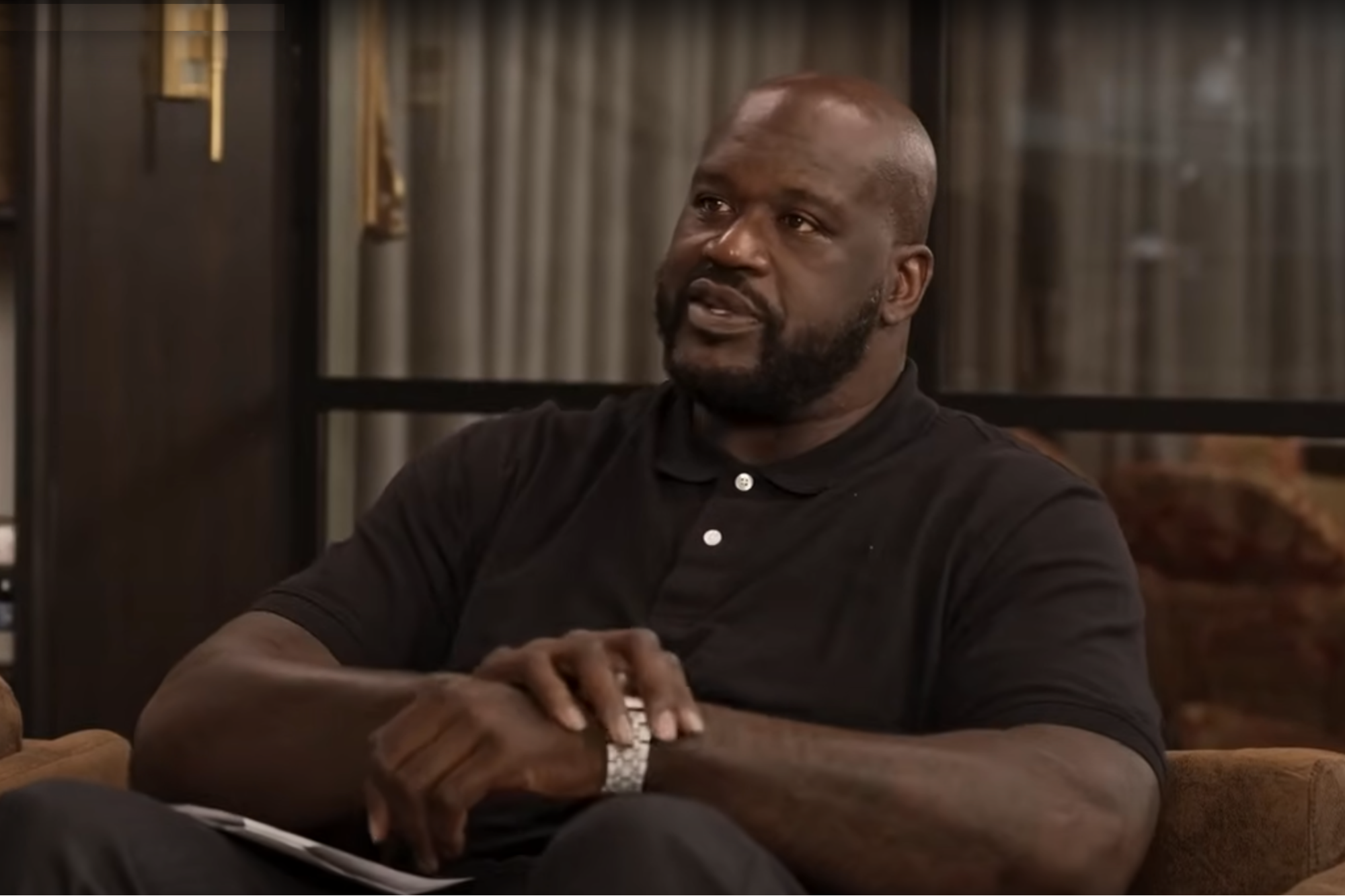10 Things About Franchise Contracts- Part 1 Reading the fine print and asking questions can save you from franchise calamity.
By Jeff Elgin
Opinions expressed by Entrepreneur contributors are their own.
Many people are turning to owning a franchise as an alternative to the standard corporate job. They're attracted by the empowerment this strategy represents, and the control they'll have over their own destiny.
This can be a wonderful approach to achieving success in life, but it is important to carefully consider the contract you sign when becoming a franchisee. This contract governs the legal relationship between the franchisee and the company and includes important provisions for future actions if the relationship doesn't work out.
In this regard, a franchise contract is like a prenuptial agreement- not very romantic, but you'd better understand it before you sign it. Here are five of the 10 important things you need to understand before signing your franchise contract.
1. Agreements with strong franchise companies are typically non-negotiable. Most prospective franchisees are looking for a proven, successful system, where current franchisees are happy with their decision to go into the franchise. This is what I call a strong franchise company.
Strong franchise companies have learned that the easiest way to administer their system with maximum benefit is to have each franchisee on the same program; this begins with a uniform contract. Don't be surprised if you're told the franchise agreement "is what it is," and that you have to sign the same contract as every other franchisee if you want to become one yourself.
If there are provisions of the franchise agreement that prompt questions or concerns, ask the franchise company to provide you with a letter of clarification, addressing the specific point or points you have an issue with. This technique allows a level of comfort to be created, even with a non-negotiable contract.
2. A franchise company's willingness to negotiate substantive provisions of its franchise agreement should be a warning sign. This fact seems counterintuitive to most prospective franchisees, but this is a red flag when typical franchise agreements are non-negotiable.
If everything is open for negotiation, you have to question the company's confidence and level of certainty concerning the validity of its brand and operating system. If those aren't strong, what is the value you'll receive in exchange for the fees you'll pay as a franchisee in this system?
As part of your due diligence, always ask if a franchise company is willing to negotiate the terms of the franchise contract. Initially, most will answer negatively, but you need to test this. Ask something along the lines of "Do you mean that if I literally found only one word in the entire agreement that needed to be changed, you wouldn't even consider it?" If officials waffle, and say they'd consider changing a single word, they are really saying, yes, the contract is negotiable, and you should get expert assistance to negotiate accordingly.
3. Franchise agreements are typically unilateral in nature. When you read the contract, even if you're not an attorney, you will realize it is written from the company's perspective. It may not seem fair, or reasonable, especially given the probability that the franchisor won't negotiate language or terms, but that's almost always the case.
This dynamic is not as negative as it may seem- at first. One of the main goals of the franchise agreement is to protect the franchise system as a whole. This includes the brand, integrity of the operating system and franchisees' businesses in the aggregate. The franchise company believes it knows how to accomplish this task best, and that is how the contract is written. If you're not comfortable with that approach, find a different franchise company with a different contract you are more comfortable with.
4. The franchise agreement is full of "must-dos." Within the very first reading, you will see that the franchise contract contains a lot of rules. It will very clearly outline things you must do regularly in conjunction with operating your business.
These rules can help you understand and prioritize while operating your business to attain success. That is why specific rules are being spelled out in the contract- so there's no chance for misunderstanding their importance.
To verify any contractual "must-do" rules, call a few existing franchisees and ask about them. If you find yourself uncomfortable with any of these mandatory contractual provisions, even after discussing them with existing franchisees and the company, you should find a different franchise to pursue.
5. The franchise agreement is full of "can't-dos." This is the counterpoint to "must-do" rules. The franchise agreement outlines, in detail, a number of things you are forbidden from doing while operating your business.
Many of these "can't-do" rules are common sense, like non-competes. If the franchisor is going to provide you with all of its trade secrets and operating techniques, then it doesn't want you to operate using its knowledge unless you're a part of its system.
Many of the remaining "can't-do" rules are in place to protect the system and all franchisees from any rogue actions from a fellow franchisee. Keep in mind, another franchisee is going to be operating what is basically the same business right down the road from you. That person's behavior in operating his or her business has a significant impact on your operations and success.
The franchise agreement must also contain sufficient activity restrictions, so that down the road, another franchisee is prohibited from conducting his business in a manner injurious to the value and success of yours, and vice versa. When you think of the "can't-do" rules from this perspective, they make more sense.
These five considerations will help you understand franchise agreement contracts and their impact on your life as a franchisee. In part two of this article, I will expand on this foundation to discuss other considerations that may be less obvious but are just as important to your understanding of the franchise contract and achieving franchise success.











